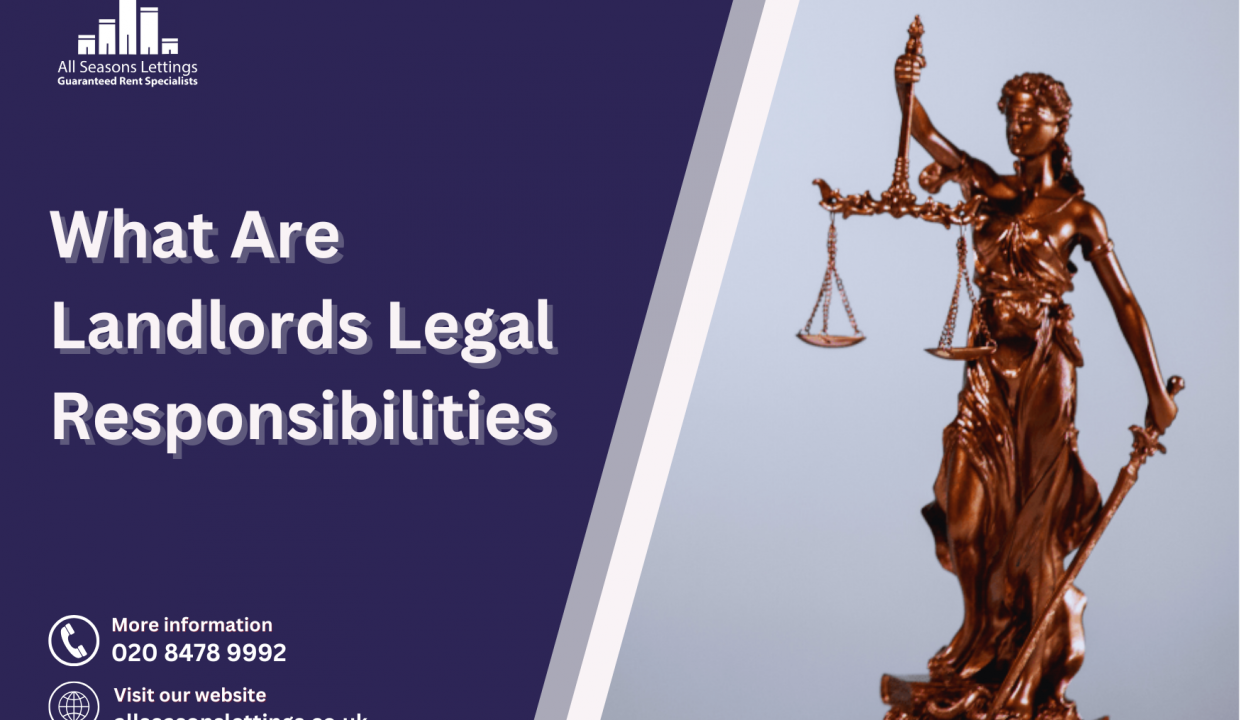
When renting out a property, landlords must follow legal obligations to ensure they establish a fair and legally compliant tenant agreement. A proper tenant agreement protects both the landlord and the tenant, ensuring a smooth rental process. In this blog, we’ll discuss the key legal responsibilities landlords must fulfill when setting up a tenant agreement in the UK.
What Is a Tenancy Agreement?
A tenancy agreement is a formal contract that establishes the legal relationship between a landlord and a tenant. It outlines the terms of the rental arrangement, such as rent payment, property usage, and maintenance responsibilities. In the UK, the most common type is an Assured Shorthold Tenancy (AST), which offers protection and flexibility for both parties.
Key Legal Responsibilities for Landlords
To establish a proper tenancy, landlords must adhere to several legal obligations. Failing to do so can lead to fines, disputes, or legal complications. Let’s explore these responsibilities.
1. Provide a Clear and Written Agreement
While verbal agreements are technically valid, a written tenancy agreement is essential for clarity and legal protection. This document should include:
- Names and addresses of all parties.
- The property address.
- Rent amount and payment schedule.
- The length of the tenancy.
- Terms for ending the agreement.
- Rules on subletting, pets, or smoking (if applicable).
2. Verify the Tenant’s Right to Rent
UK landlords must check that their tenants have the legal right to live in the country. This is called the Right to Rent check and involves reviewing official documents such as:
- Passports or visas for non-UK nationals.
- National ID cards or driving licenses for UK citizens.
It’s illegal to rent to someone who doesn’t have the right to live in the UK, and landlords can face fines of up to £3,000 for non-compliance.
3. Secure the Tenant’s Deposit
If you’re taking a security deposit, it must be protected in a government-authorized scheme within 30 days. In England and Wales, you can use:
- Tenancy Deposit Scheme (TDS).
- Deposit Protection Service (DPS).
- MyDeposits.
You must also provide tenants with a Prescribed Information Certificate, explaining how their deposit is protected. Failing to do so can prevent you from serving an eviction notice if needed.
4. Share Required Documents
At the start of the tenancy, you are legally required to provide tenants with key documents, including:
- Energy Performance Certificate (EPC): Rates the energy efficiency of the property.
- Gas Safety Certificate: Documentation confirming yearly inspections conducted by a certified Gas Safe engineer.
- How to Rent Guide: This government document outlines tenants’ rights and responsibilities.
These documents help tenants understand their rights and the condition of the property.
5. Ensure Property Safety Standards
Landlords must ensure their property meets safety requirements. Some of these obligations include:
- Ensuring functional smoke alarms are installed on each level of the property.
- Supplying carbon monoxide detectors in areas with solid fuel-burning equipment.
- Arranging annual gas safety inspections.
- Ensuring all electrical installations are safe.
Safety should always be a priority, as non-compliance could result in fines or imprisonment.
6. Set Fair Rent and Terms
Landlords should avoid:
- Overcharging tenants.
- Imposing unfair or hidden fees.
- Making sudden or excessive rent increases during the tenancy without proper notice.
A fair and transparent rent policy builds trust and avoids disputes.
7. Avoid Discrimination
Under the Equality Act 2010, landlords cannot discriminate against tenants based on their age, gender, race, religion, sexual orientation, or disability. This means:
- Offering equal opportunities to all prospective tenants.
- Making reasonable adjustments for tenants with disabilities, such as installing handrails or ramps if required.
Respecting diversity ensures compliance with the law and promotes fairness.
8. Maintain the Property
As a landlord, you must keep the property in good condition. Your responsibilities include:
- Addressing structural issues
- Ensuring heating, plumbing, and water systems are functional.
- Responding to maintenance issues promptly to prevent further problems.
Tenants are entitled to reside in a property that is safe and suitable for living during their tenancy.
9. Follow Legal Procedures to End the Tenancy
If you decide to end a tenancy, it’s crucial to follow the correct legal process. Common notices include:
- Section 21 notice: Used to regain possession of the property without fault at the end of a tenancy.
- Section 8 notice: Issued when the tenant violates the tenancy terms, such as failing to pay rent.
Improper notices can delay evictions and lead to legal challenges.
Why Compliance Matters
Staying compliant with legal responsibilities benefits both landlords and tenants. For landlords, it minimizes disputes, protects property investments, and fosters positive tenant relationships. For tenants, it ensures a safe and fair rental experience.
Non-compliance can result in severe consequences, including fines, legal battles, or reputational damage. Being proactive about legal obligations is not just good practice—it’s essential for a successful tenancy.
Tips for Landlords
- Keep Up-to-Date: Laws and regulations frequently change. Stay informed about updates to housing and tenancy laws.
- Seek Professional Advice: Consulting with legal experts or property managers can help you navigate complex situations.
- Use Reliable Documentation: Opt for tenancy agreements vetted by legal professionals to avoid loopholes or ambiguities.
Conclusion
Setting up a tenancy agreement involves more than agreeing on rent and move-in dates. As a landlord, you are responsible for adhering to UK housing laws to protect yourself and your tenants. From ensuring property safety to protecting deposits and following anti-discrimination rules, compliance is the foundation of a positive and successful landlord-tenant relationship.

